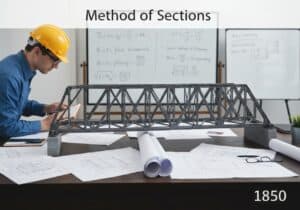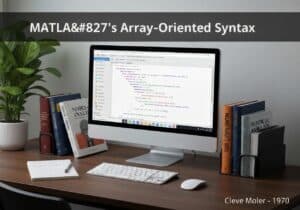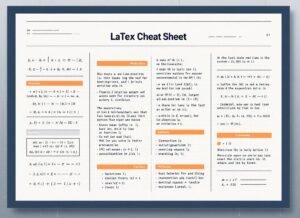IL NIOSH lifting equation is a tool used by occupational health and safety professionals to assess the risk of musculoskeletal injury associated with manual lifting tasks. It calculates a Recommended Weight Limit (RWL) for a specific task, representing the maximum weight a healthy worker could lift without increased risk of low back injury, considering factors like task geometry and frequency.
Equazione di sollevamento NIOSH
- National Institute for Occupational Safety and Health (NIOSH)
IL revised NIOSH lifting equation from 1991 provides a more comprehensive risk assessment than its 1981 predecessor. The core of the metodo is the calculation of the Recommended Weight Limit (RWL) using the formula: [latex]RWL = LC \times HM \times VM \times DM \times AM \times FM \times CM[/latex]. In this formula, LC is the Load Constant (51 lbs or 23 kg), which is the maximum recommended weight under ideal conditions. The other terms are multipliers, each with a value between 0 and 1, which reduce the allowable weight based on deviations from these ideal conditions. These multipliers are: HM (Horizontal Multiplier), VM (Vertical Multiplier), DM (Distance Multiplier), AM (Asymmetric Multiplier), FM (Frequency Multiplier), and CM (Coupling Multiplier). For example, the further an object is held from the body (increasing the horizontal distance), the smaller the HM value becomes, thus lowering the RWL. The equation also allows for the calculation of a Lifting Index (LI), where [latex]LI = \frac{Load Weight}{RWL}[/latex]. An LI greater than 1.0 indicates that the task is high-risk for some fraction of the workforce, and redesign should be prioritized. An LI of 3.0 or more is considered highly hazardous. The equation is a cornerstone of physical ergonomics, providing a quantitative, evidence-based method for evaluating and mitigating one of the most common causes of workplace injury.
Tipo
Interruzione
Utilizzo
Precursori
- biomechanical models of the lumbar spine
- epidemiological studies linking manual lifting to low back pain
- psychophysical studies on maximum acceptable weights
- the original 1981 niosh lifting guide
- static strength prediction models
Applicazioni
- job hazard analysis in produzione and logistics
- redesign of workstations to reduce lifting risks
- development of workplace safety standards and regulations
- training programs for manual material handling
- rehabilitation and return-to-work planning for injured employees
Brevetti:
Potenziali idee innovative
Livelli! Iscrizione richiesta
Per accedere a questo contenuto devi essere un membro di !Professionals (100% free)!
DISPONIBILE PER NUOVE SFIDE
Ingegnere meccanico, responsabile di progetto, ingegneria di processo o ricerca e sviluppo
Disponibile per una nuova sfida con breve preavviso.
Contattami su LinkedIn
Integrazione di componenti elettronici in plastica e metallo, progettazione in base ai costi, GMP, ergonomia, dispositivi e materiali di consumo di medio-alto volume, produzione snella, settori regolamentati, CE e FDA, CAD, Solidworks, Lean Sigma Black Belt, ISO 13485 in ambito medico
Stiamo cercando un nuovo sponsor
La tua azienda o istituzione si occupa di tecnica, scienza o ricerca?
> inviaci un messaggio <
Ricevi tutti i nuovi articoli
Gratuito, no spam, email non distribuita né rivenduta
oppure puoi ottenere la tua iscrizione completa -gratuitamente- per accedere a tutti i contenuti riservati >Qui<
Principi di invenzione, innovazione e tecnica correlati













